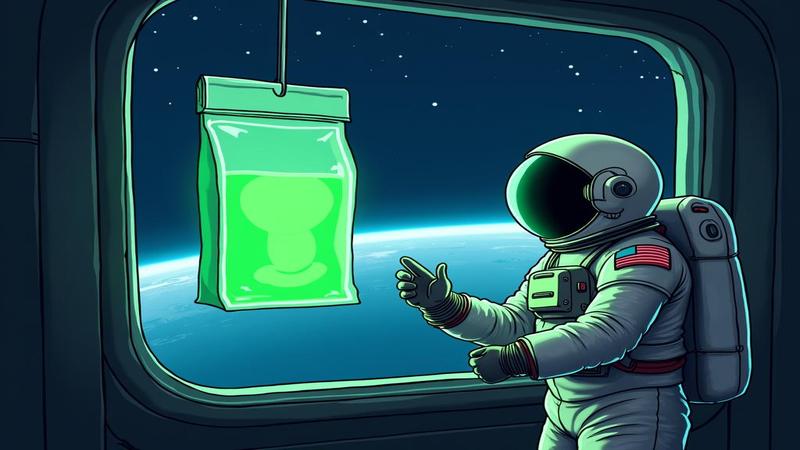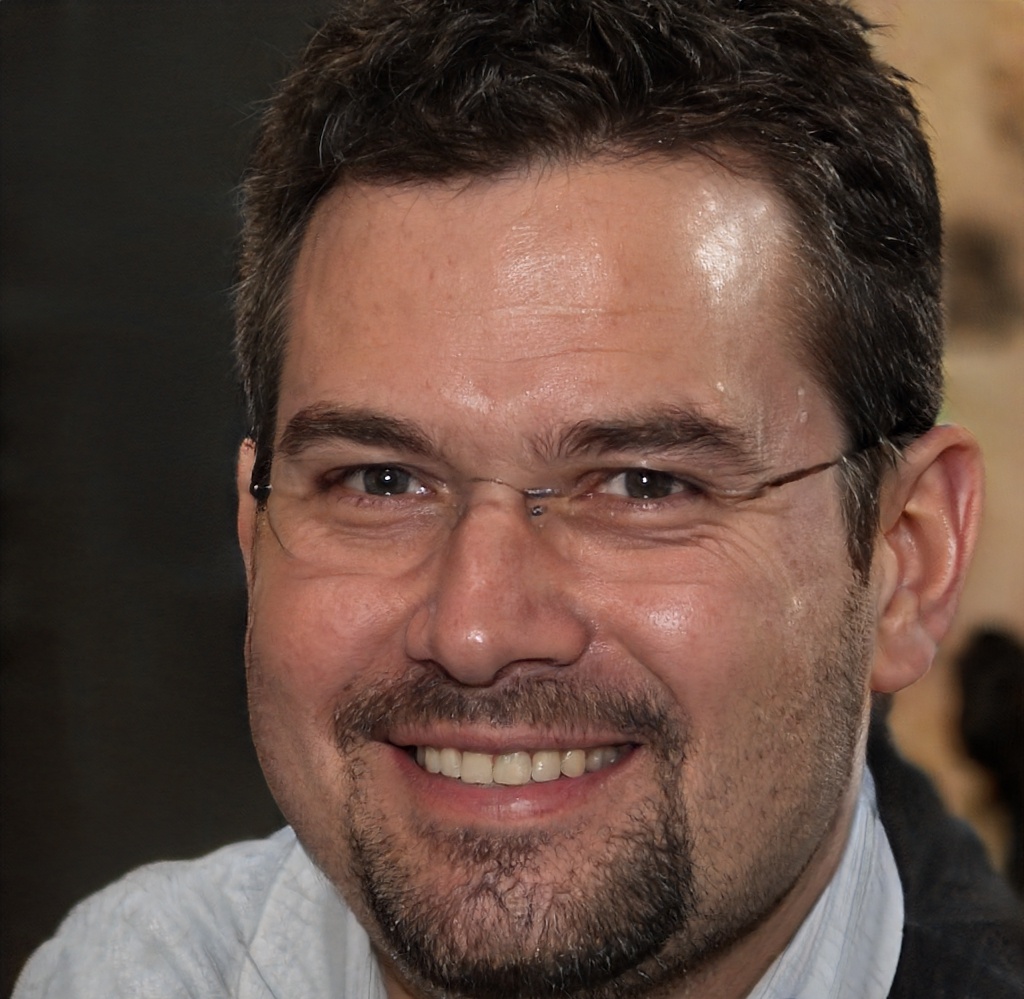Chinese Space Station Accidentally Invents New Bacteria, Crew Requests Plot Armor

In a plot twist that makes sci‑fi writers whisper, “We should’ve thought of that,” a mysterious Earth microbe appears to have reinvented itself aboard the Chinese space station. The crew reports calm professionalism, measured analysis, and exactly three tasteful screams.
Mission control described the organism as “unknown,” which in science means we haven’t seen its yearbook photo yet. Early observations suggest it’s either brand new or an old friend wearing a mustache and sunglasses.
Astronauts have initiated classic protocols: name it something inspiring, keep it in a sealed container, and absolutely do not read it bedtime stories that could imprint on it. The microbe, meanwhile, is thriving on attention like an influencer with mitochondria.
Witnesses say the thing forms clusters that resemble a flowchart for “Things That Are Definitely Fine.” It flinches at motivational posters, ignores boundaries, and has already filed for microbe-ternity leave.
Governments raced to label it everything from “breakthrough” to “stop touching that.” One official proposed giving it a tiny flag; another suggested we all take a deep breath, then remembered how breathing works in this scenario and canceled that suggestion mid‑inhale.
Sensing an opportunity, corporate marketers pivoted so hard their chairs achieved orbit. By breakfast, they’d announced an essential new household device: zero-gravity antimicrobial mister. By lunch, they’d announced five more essential variants and a documentary about the first one.

Scientists stressed caution, noting that “unknown” doesn’t mean “movie monster,” it means “please stop projecting your feelings onto a test result.” The p‑values, reportedly shaken, admitted they might phone a friend, a therapist, and a statistician who doesn’t own a fog machine.
Inside the station, the crew considered their options: quarantine, negotiation, or teaching it chess to build character. They settled on an elegant compromise: do all three while pretending this is a team‑building exercise titled “Synergy With Organisms That Were Not Invited.”
International partners offered help in classic bureaucratic style. Forms were emailed to be printed, signed, scanned, notarized, and then ceremonially fed to a shredder that chants, “This is collaboration.” The microbe reportedly nodded, which is alarming only if you’ve never seen paperwork metabolized.
Back on Earth, the public reacted responsibly by panic‑shopping and inventing new wellness rituals involving incense and whispering at yogurt. Search trends peaked for antimicrobial astronaut surface wipes, plus “how to tell if your sourdough is sapient.”
The organism has allegedly begun arranging itself into shapes that spell “HI” in several alphabets, which is either a greeting or a coincidental flex. It also tried to subscribe to a streaming service, but balked at the password requirements and instead wrote its own space opera.
In a carefully worded statement, the mission assured everyone the situation is under control, the crew remains steady, and the microbe is not allowed to vote on movie night. As for the headline‑level drama, the astronauts have requested plot armor, and mission control replied with the space program’s traditional solution: duct tape, optimism, and a statistical significance that really should call a friend.
